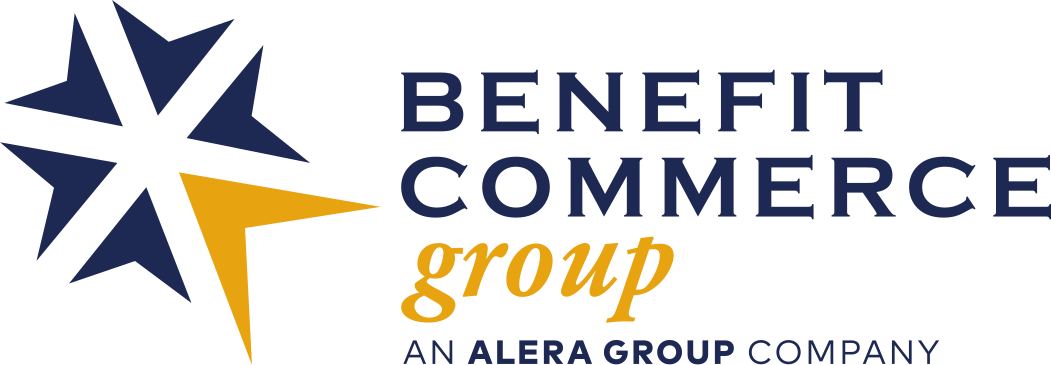Alera Group, Inc. is aware that there are persons fraudulently impersonating our company by using fake internet domains that appear to look like our legitimate services. If you are contacted by someone claiming to work for Alera Group, or any of our partners, please carefully review the email address and domain. If you have a relationship with our company, please contact us directly and not through any information that is provided in such an email. Please be extremely careful in responding to such emails with personal and financial information, sharing passwords, or any other information of value. Alera Group, or any of our partners, will never send ACH instructions via email and thus we strongly recommend that you verify the authenticity of each wire transfer request by calling your Alera Group contact using the number you have previously called.
